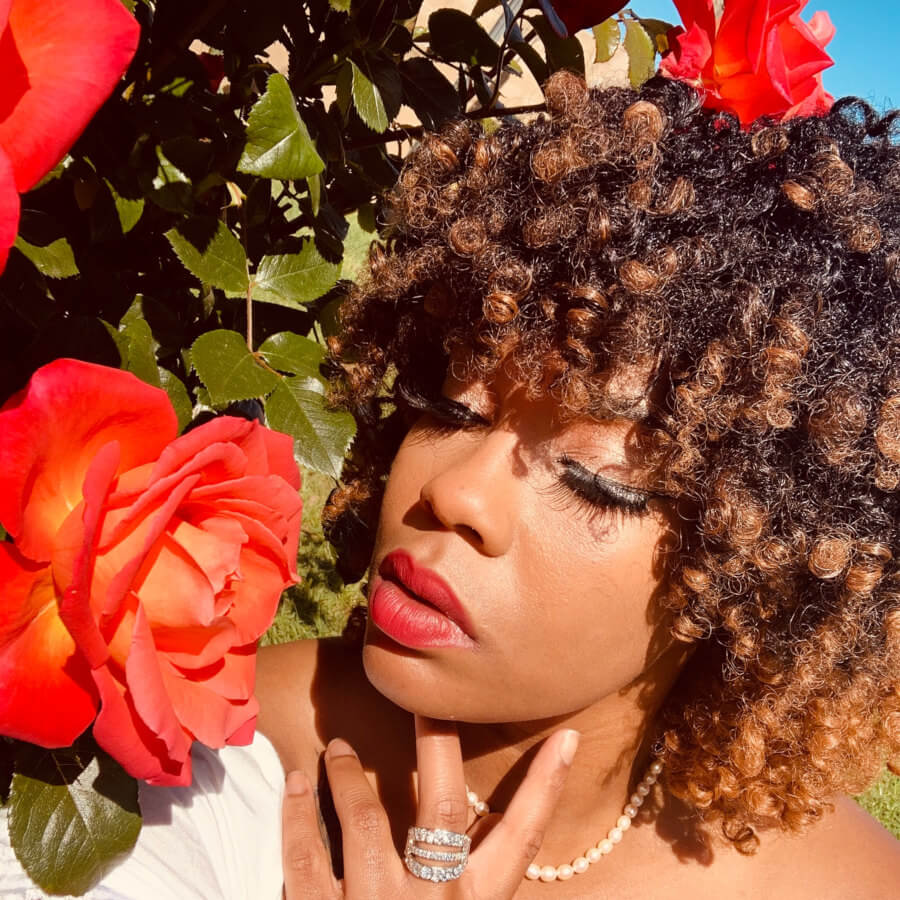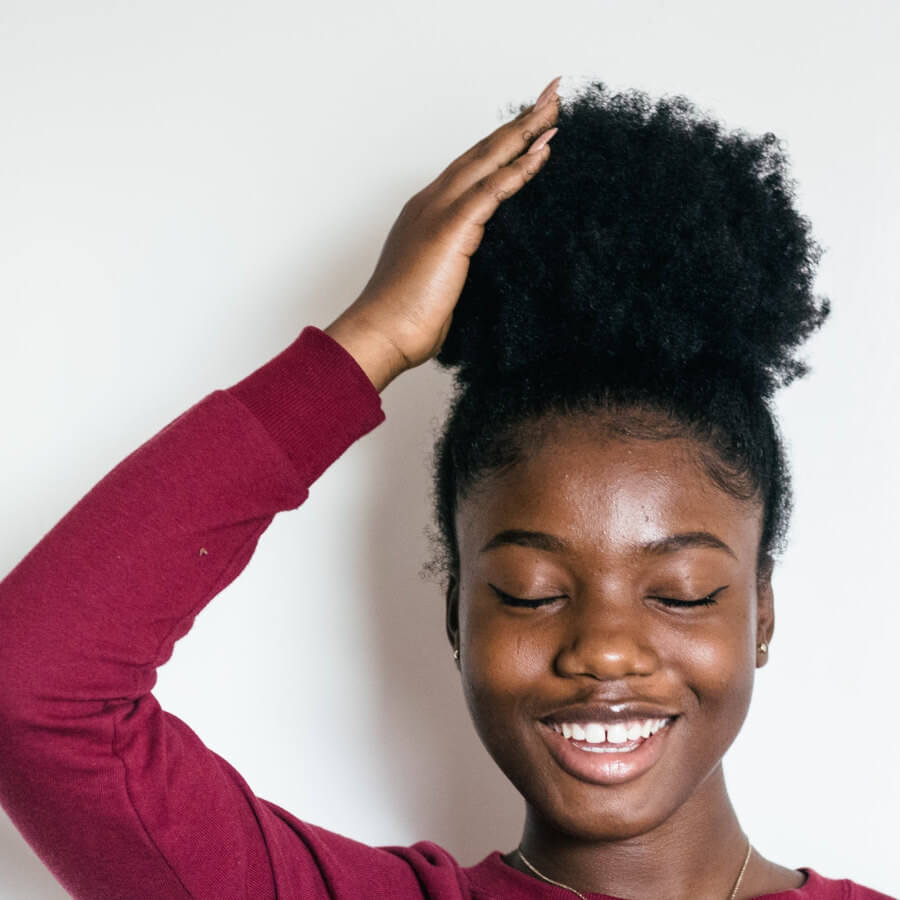What are some myths about acne?
- Acne is caused by dirty skin
- Acne is caused by eating greasy food
- Acne is caused by wearing makeup
What are the different types of acne?
- Whiteheads, which are small, round bumps that have a white or pale center. They are caused by a build-up of oil and dead skin cells that get trapped in your pores.
- Blackheads, which are small, dark-colored bumps that form when your pores become clogged with oil and dead skin cells. The oil and cells turn dark when they’re exposed to the air, which is why blackheads are also called “open comedones.”
- Papules, which are small, red bumps that can be tender to the touch. They are caused by a build-up of oil, dead skin cells, and bacteria in your pores.
- Pustules, which are small, red bumps that have a white or yellow center. They are caused by a build-up of oil, dead skin cells, and bacteria in your pores. Pustules are also known as “whiteheads.”
So now that you know more about the various types of acne. You may be wondering about what causes acne?
What causes acne?
- Hormones: Hormonal changes, such as those that occur during puberty or during the menstrual cycle, can trigger the sebaceousSebum is an oily substance that is produced by our sebaceous glands. It is designed to protect our skin and hair from de… More glands to produce more sebumSebum is an oily substance that is produced by our sebaceous glands. It is designed to protect our skin and hair from de… More. It’s best if you can talk to your doctor about taking birth control pills (women) or other medication to regulate hormones.
- Stress: Stress can trigger the release of hormones that can lead to an increase in sebumSebum is an oily substance that is produced by our sebaceous glands. It is designed to protect our skin and hair from de… More production. To reduce your stress levels, consider trying stress-relieving activities, such as yoga or meditation.
- Diet: Eating a diet high in sugar and processed foods can trigger the sebaceousSebum is an oily substance that is produced by our sebaceous glands. It is designed to protect our skin and hair from de… More glands to produce more sebumSebum is an oily substance that is produced by our sebaceous glands. It is designed to protect our skin and hair from de… More. So, it’s best to follow a healthy diet that is low in sugar and processed foods.
- Genetics: If your parents or grandparents had acne, you may be more likely to develop acne yourself. To prevent this cause of acne, you can talk to your doctor about your family history of acne and explore other treatment options. However, it is likely solutions will be restricted to symptom treatment only. However, don’t despair, the next paragraps will also help you deal with this.
What can you do to avoid clogged pores?
- Avoid using products that contain oils, waxes, or silicones. If you must use a product that contains one of these ingredients, make sure to thoroughly clean your skin afterwards.
- Washing your face twice a day with a gentle cleanser can help to remove dirt, oil, and dead skin cells that can clog pores and lead to breakouts. However, make sure you are using a gentle cleanser as harsh cleansers can actually make your skin produce more sebumSebum is an oily substance that is produced by our sebaceous glands. It is designed to protect our skin and hair from de… More, which can lead to clogged pores.
- Avoiding touching your face can also help to prevent the spread of bacteria and oil that can cause breakouts.
- Avoid using greasy hair products and make sure to keep your hair clean and off your face to help prevent breakouts.
- ExfoliatingExfoliation is the process of removing dead skin cells from the surface of the skin. This can be done manually, with a b… More your skin regularly to remove dead skin cells that can clog pores and lead to breakouts.
- Wearing sunscreen can also help to protect your skin from the sun’s harmful rays that can contribute to the development of acne.
- Use a light, non-comedogenicComedogenic means that a substance has the potential to clog pores. Many skincare and makeup products contain ingredient… More moisturizer
How can we help you to treat your acne?
- Tea tree oil, which is a natural antiseptic that can be used to treat acne. It is known to kill bacteria and reduce inflammation.
- Aloe vera, which is a natural soothing agent that can be used to treat acne. It is known to calm the skin and reduce redness.
- Honey, which is a natural antibacterial that can be used to treat acne. It is known to kill bacteria and reduce inflammation.
- Lavender oil, which is a natural antiseptic that can be used to treat acne. It is known to kill bacteria and reduce inflammation.
- Apple cider vinegar, which is a natural astringentAn astringent is a substance that causes contraction of body tissues. In skincare, astringents are used to cleanse and t… More to tighten the pores, that can be used to treat acne. It is known to dry out the skin and reduce redness.
Although Coconut oil has both properties that can help to hydrate the skin, reduce skin redness and acne scars, the comedogenic rating for Coconut oil is too high to recommend it for use in combination with acne prone skins. Therefore, we don't recommend using it for acne-prone skin types.
- For treating whiteheads, Tea tree oil, Honey, and Lavender oil are all great options. All three of these natural remedies are known to kill bacteria and reduce inflammation.
- To treat blackheads, Apple cider vinegar is a works really well because it is known to dry out the skin and reduce redness.
- For those sensitive papules as well as postules, it’s best to use Aloe Vera which is known to calm the skin and reduce redness.
Essential oils such as Tea Tree oil and Lavender oil, are concentrated and potent, and can cause irritation if applied directly to the skin. It is therefore important to always dilute essential oils with a carrier oil before applying them to the skin to make it safer to use. A good rule of thumb is to use a ratio between 1:200 and 1:50 so that there is much more carrier oil than there is essential oil in your mixture.
- Gentle cleanser: Clear Skin Handmade soap
- Exfoliator: Clear Skin Face Pack
- Non-comedogenicComedogenic means that a substance has the potential to clog pores. Many skincare and makeup products contain ingredient… More moisturizers: Hyaluronic Acid Serum or Aloe Vera gel and our very effective Hope Acne Relief Face Oil, designed specifically to combat acne.
- Sunscreen: ALTRUIST sunscreen SPF 50 and Bioré sunscreen SPF 50
What about acne scars?
- Aloe vera has anti-inflammatory properties that can help to reduce the appearance of acne scars. Aloe vera can be applied to the skin in the form of a gel or cream.
- Honey has antimicrobial properties that can help to kill bacteria and heal the skin. Honey can be applied to the skin in the form of a mask or cream.
- Lemon juice has bleaching properties that can help to lighten the skin and reduce the appearance of acne scars. Lemon juice can be applied to the skin in the form of a mask or cream.
Conclusion
In this article we have provided information about acne, its causes, treatments and products to help you conquer acne. In case you would like to discuss your specific case and receive our recommendations for it, please either book a consultation, call us, contact us via WhatsApp or drop by our shop. We look forward to hearing from you!




